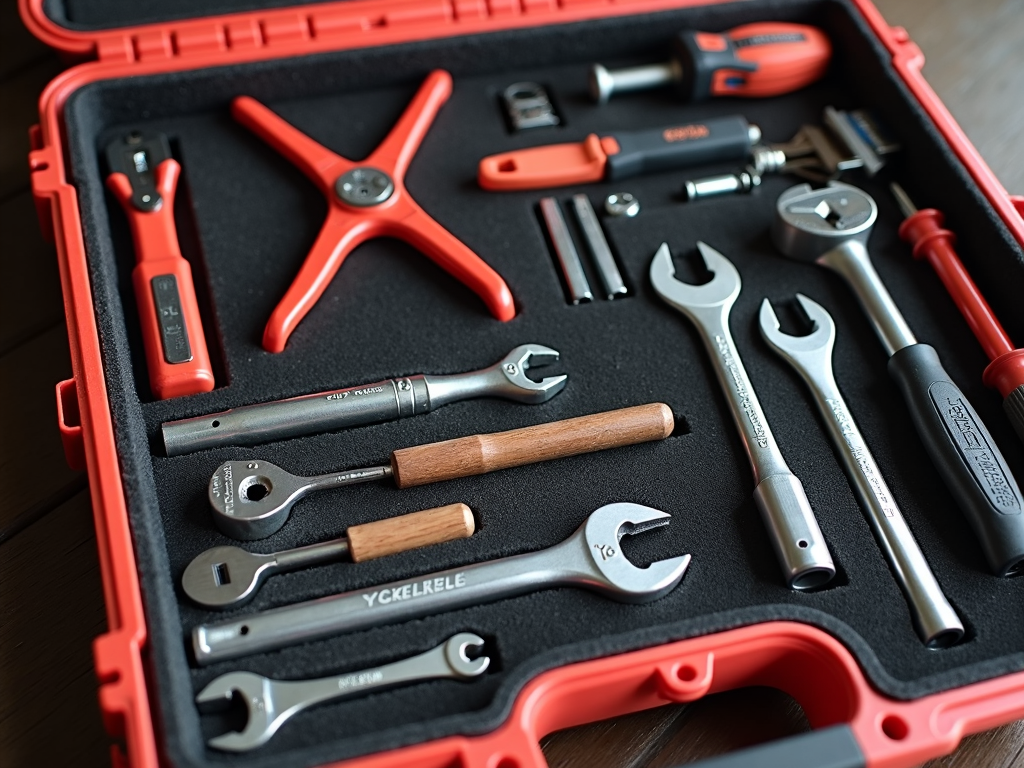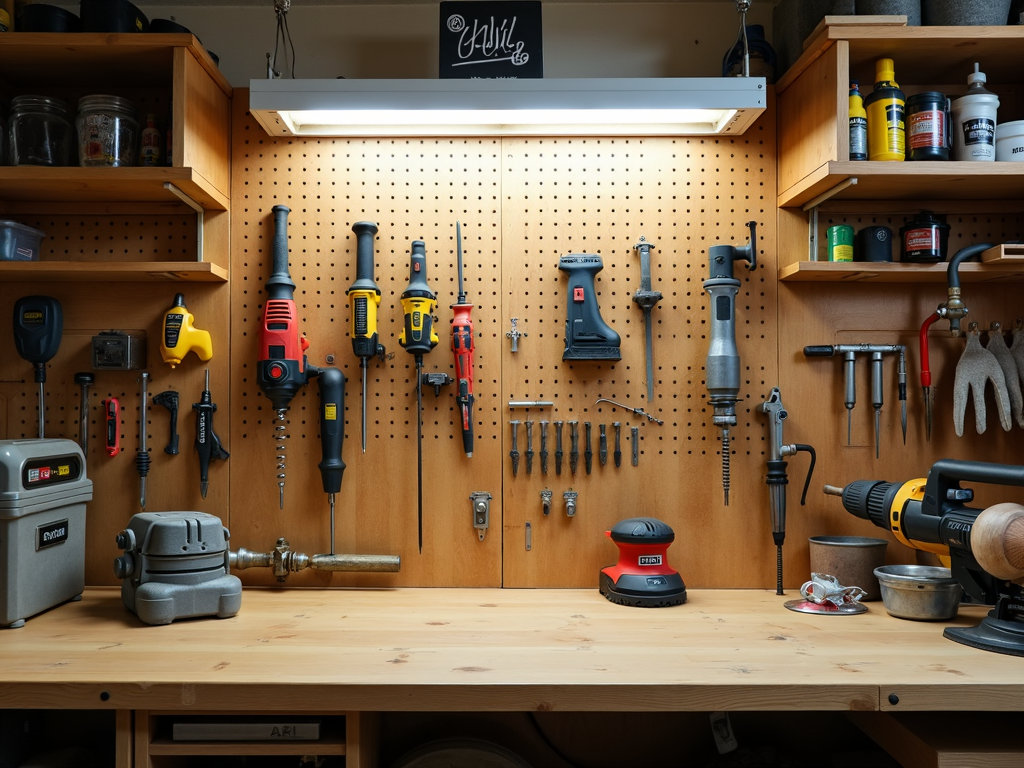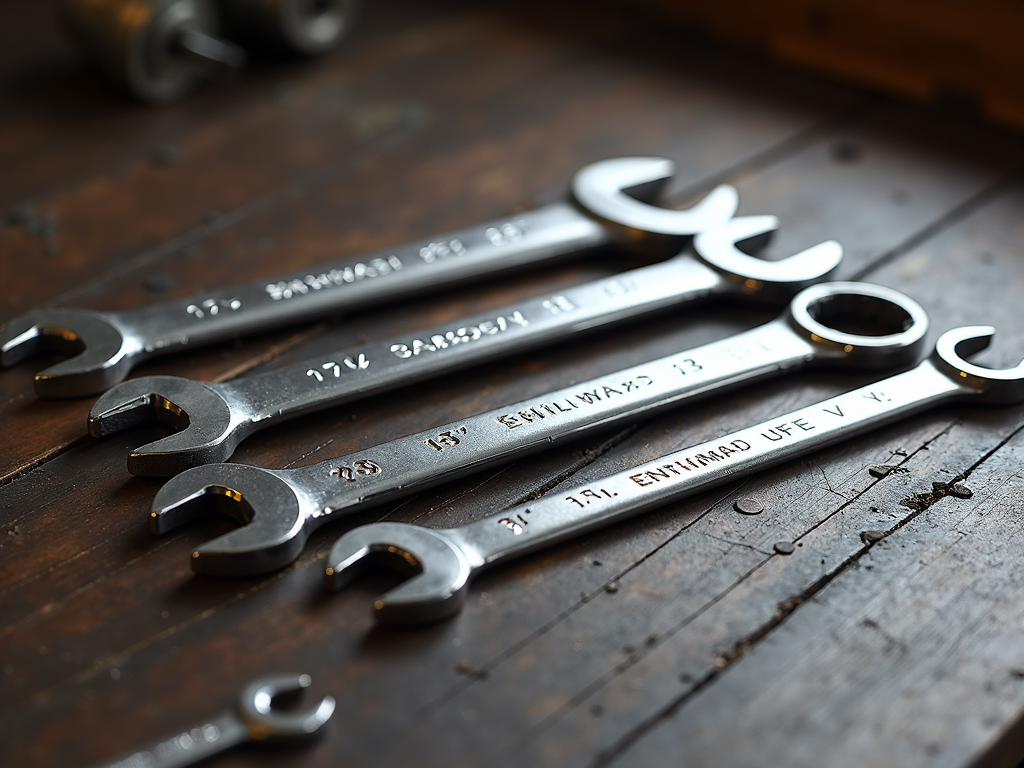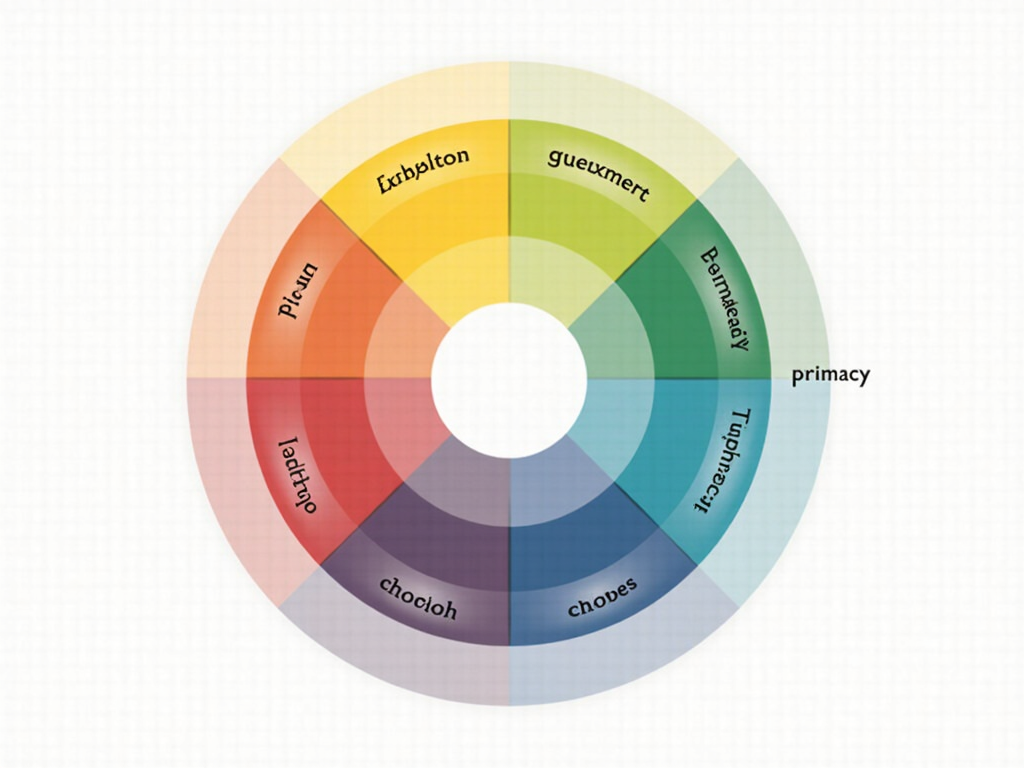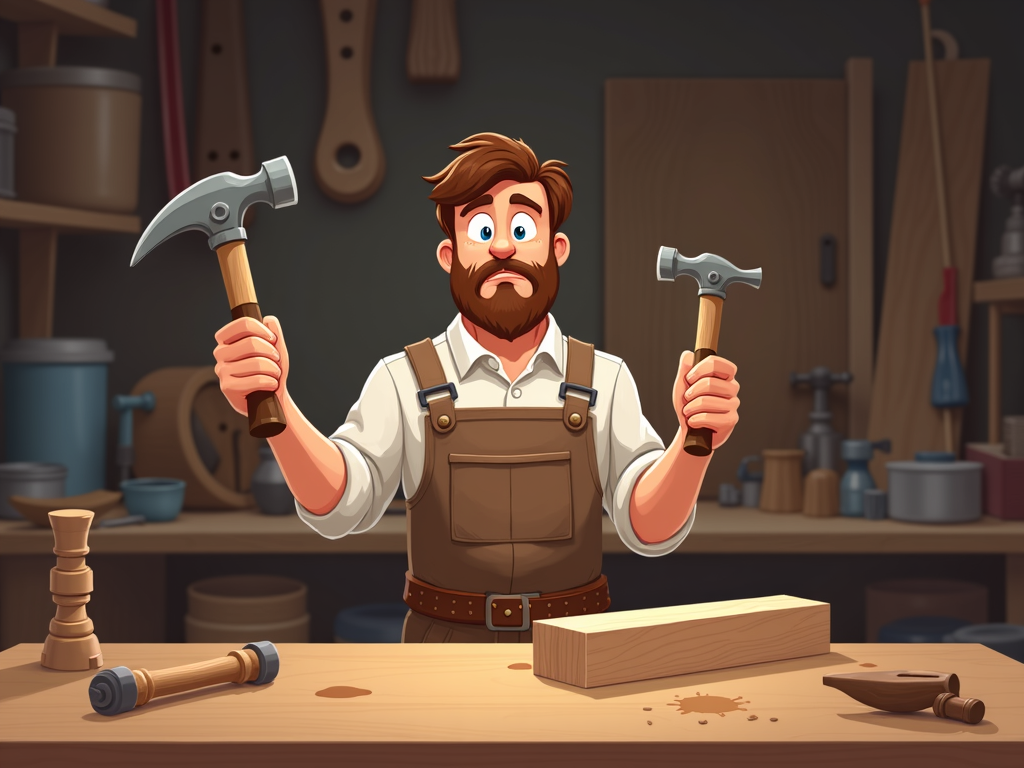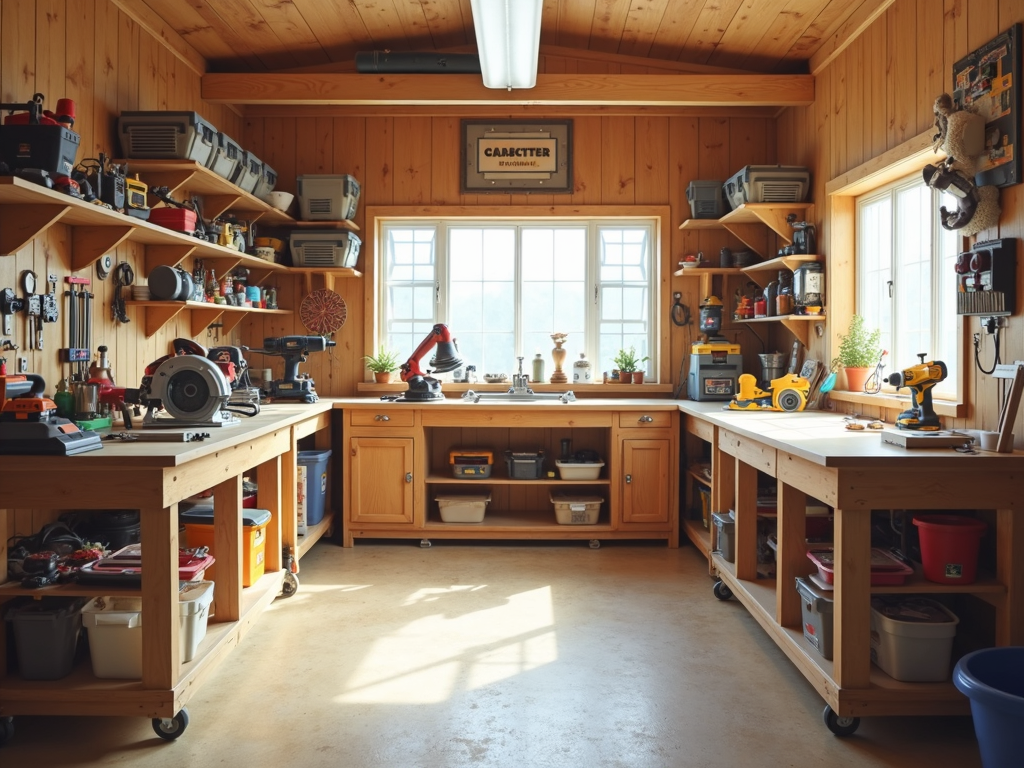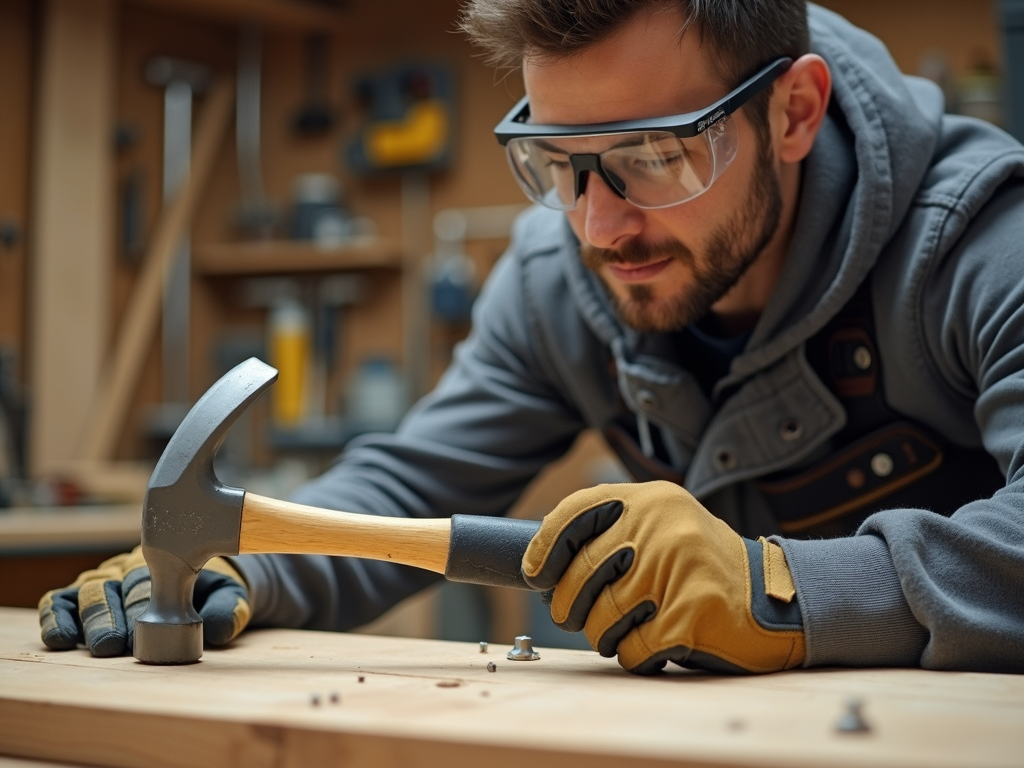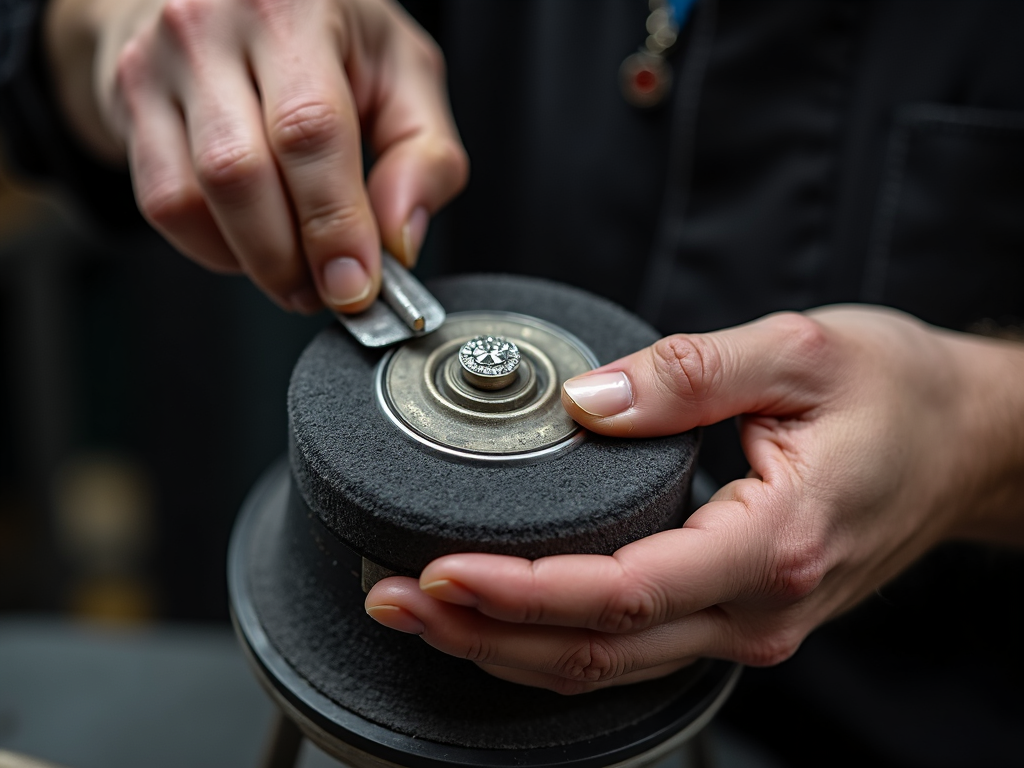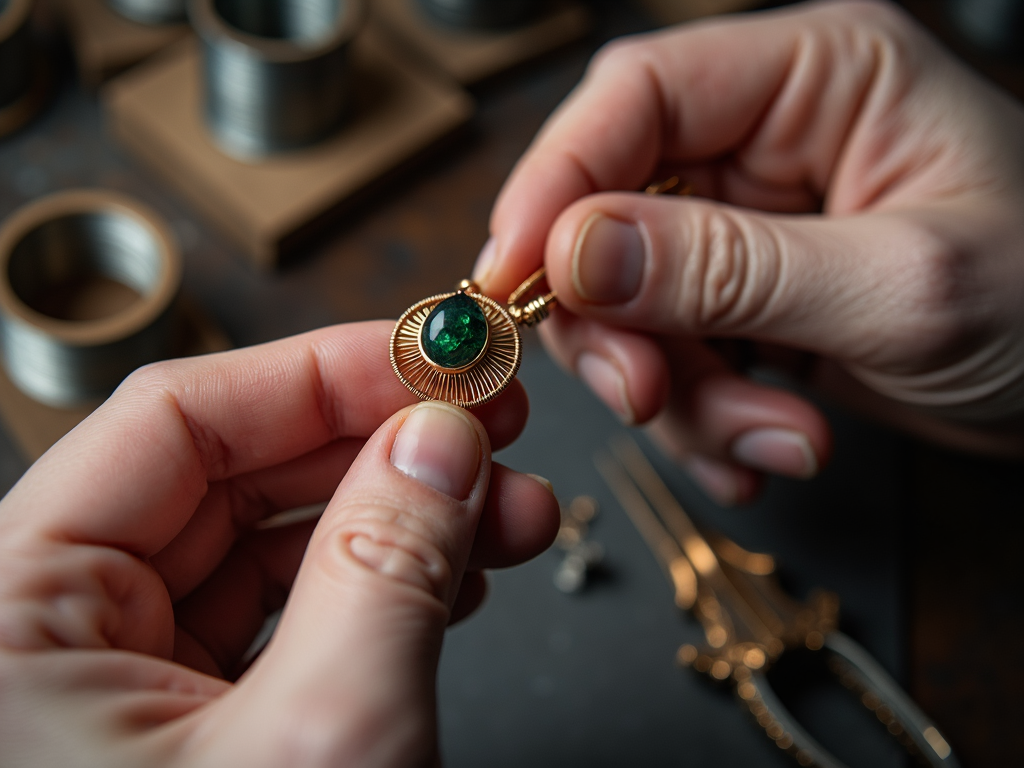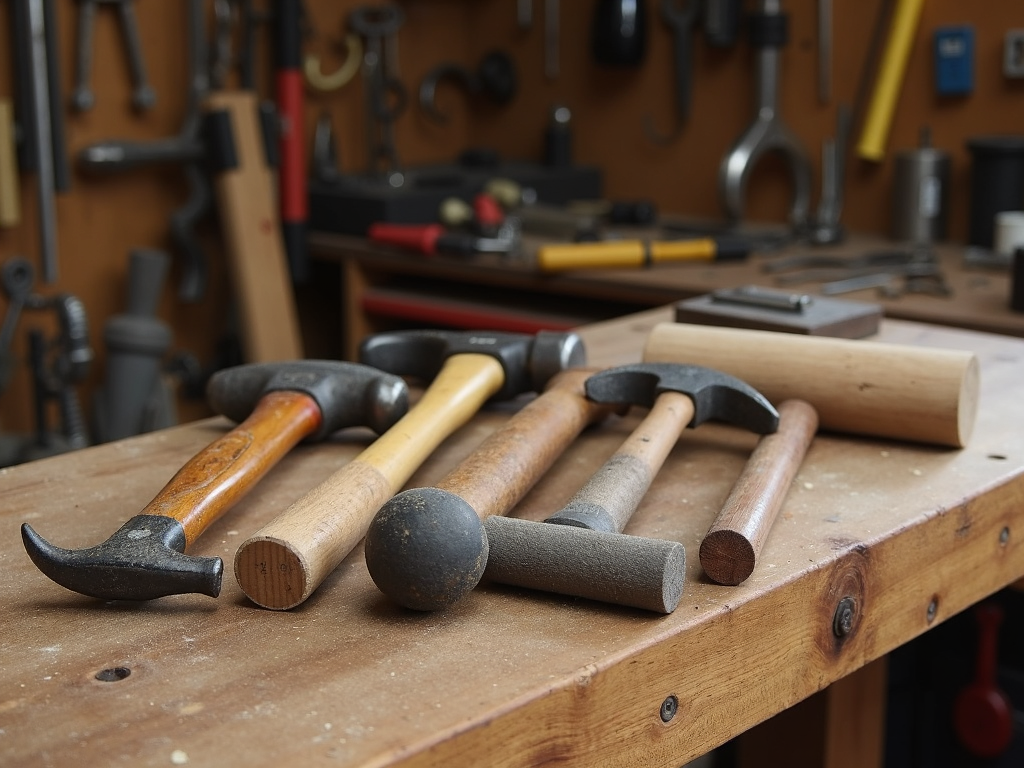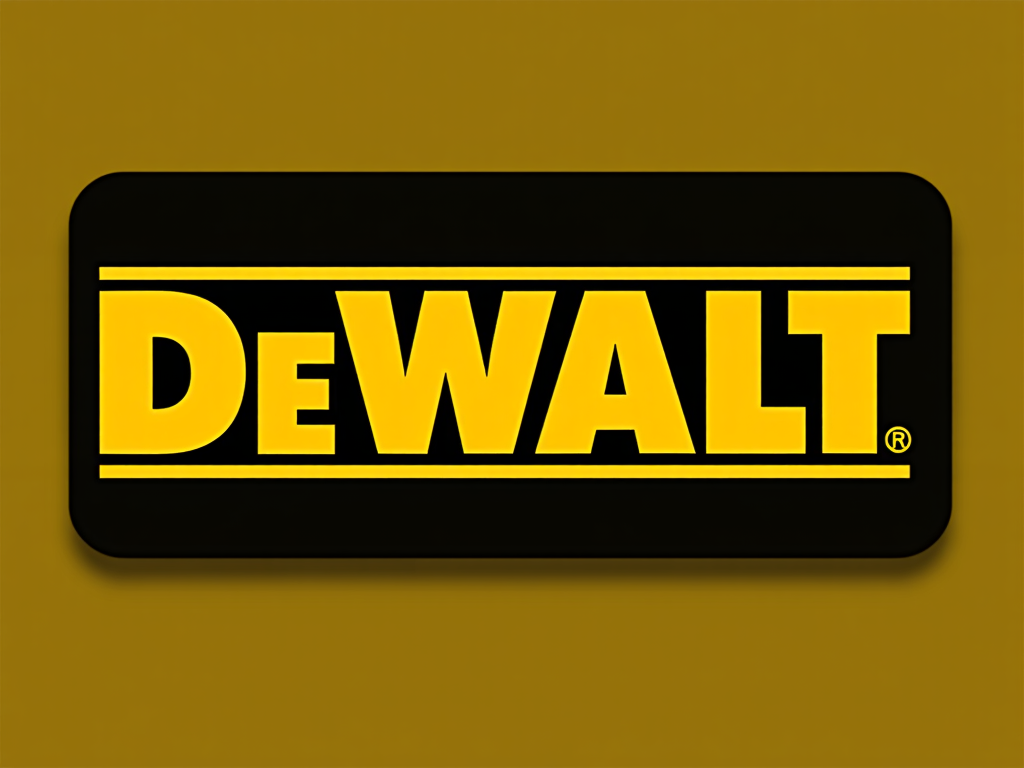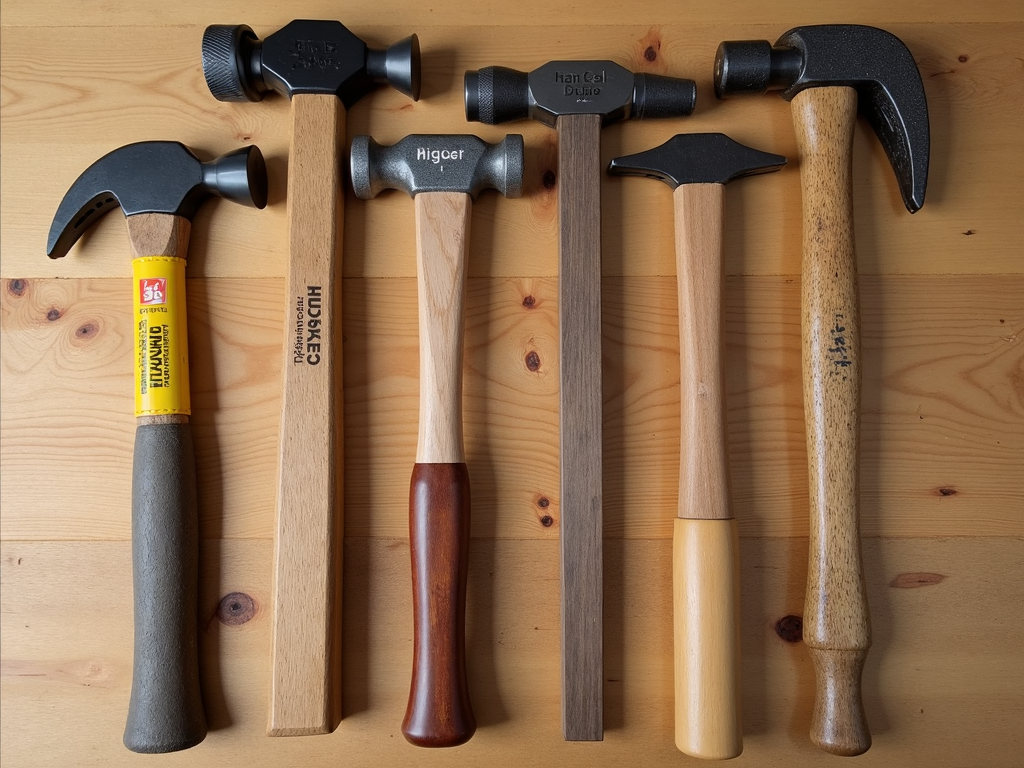Overview
Every workshop, whether it's a professional setup or a DIY enthusiast's haven, needs the right tools to function efficiently. Having the essential tools not only makes tasks easier but also ensures high-quality results. In this guide, we'll explore the top 10 must-have tools for every workshop and share tips for organizing small workshops efficiently. From high-quality workman tools for professionals to essential workshop equipment, we've got you covered.
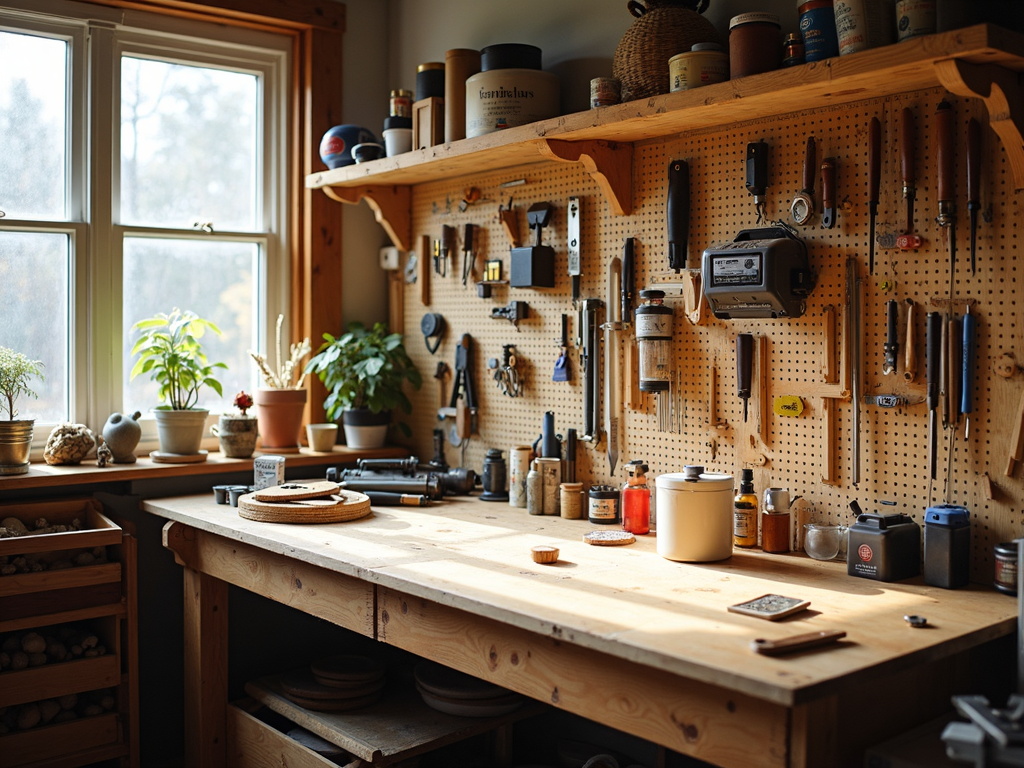
Top 10 Must-Have Tools for Every Workshop
Here are the top 10 tools that every workshop should have. These tools are versatile, reliable, and essential for a wide range of tasks.
1. Hammer
A hammer is a fundamental tool in any workshop. It's used for driving nails, fitting parts, forging metal, and breaking objects. A good hammer should have a comfortable grip and a balanced weight. Personally, I prefer a claw hammer for its versatility in both driving and removing nails.
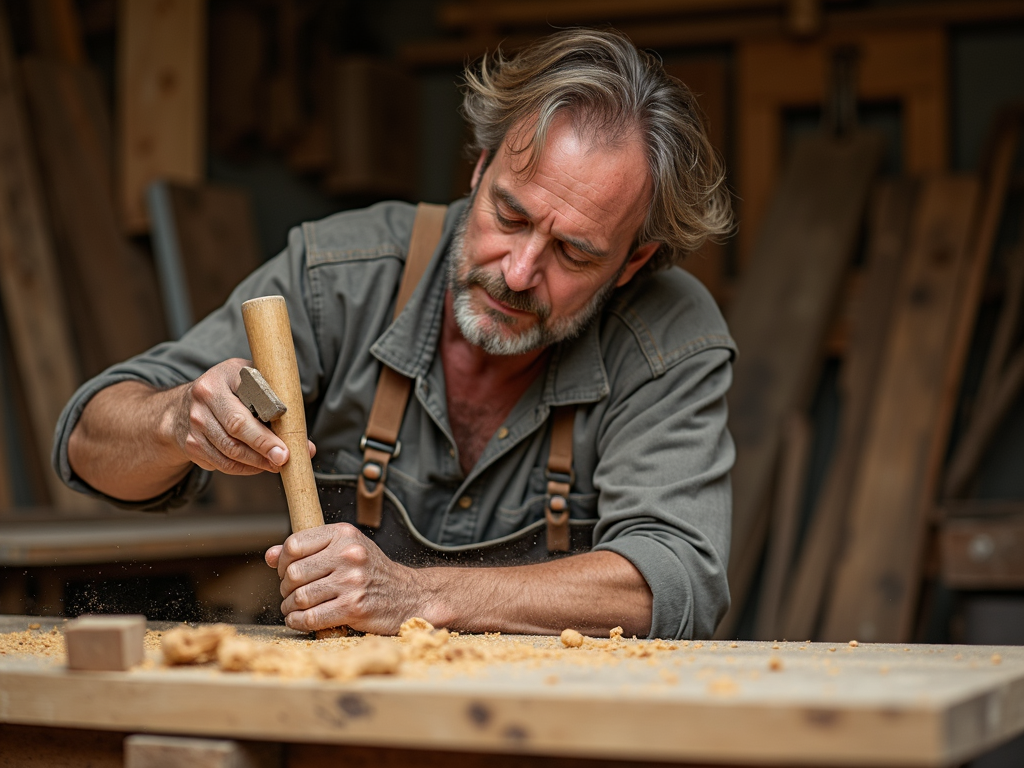
2. Screwdriver Set
A set of screwdrivers is indispensable for assembling and disassembling various items. Look for a set that includes both flathead and Phillips head screwdrivers in different sizes. Magnetic tips can be a lifesaver when working with small screws.
3. Tape Measure
Accurate measurements are crucial in any workshop project. A durable tape measure with a locking mechanism is a must-have. I always keep a 25-foot tape measure handy for most tasks, but a longer one might be necessary for larger projects.
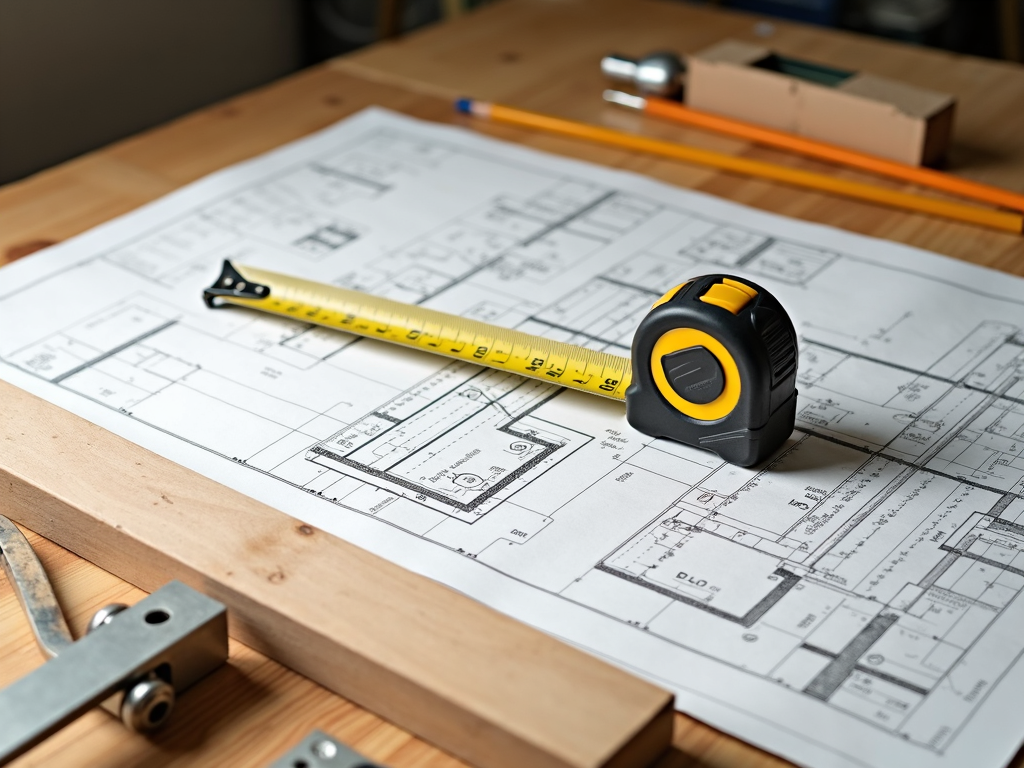
4. Pliers
Pliers are versatile tools used for gripping, bending, and cutting. A set that includes needle-nose, slip-joint, and cutting pliers will cover most needs. I find needle-nose pliers particularly useful for working in tight spaces.
5. Adjustable Wrench
An adjustable wrench is essential for tightening or loosening nuts and bolts of various sizes. Its adjustable jaw makes it a versatile tool that can replace multiple fixed-size wrenches. Look for one with a comfortable grip and smooth adjustment mechanism.
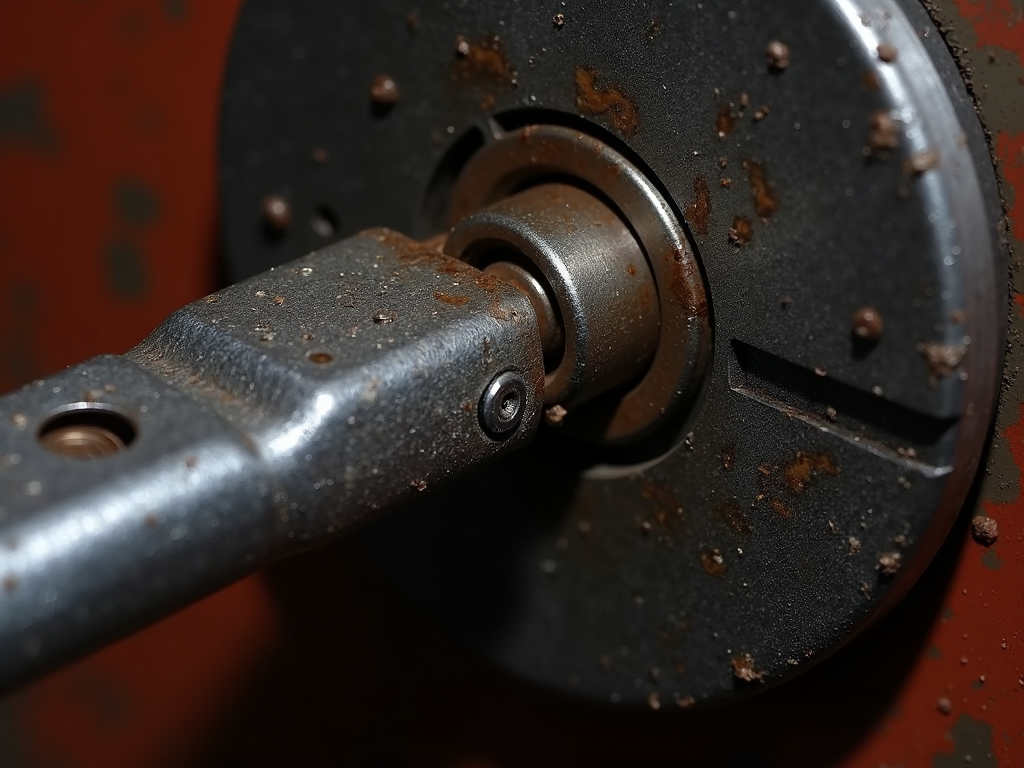
6. Utility Knife
A utility knife is perfect for cutting through materials like cardboard, plastic, and even thin wood. It's also great for scoring and trimming. I always keep a few extra blades on hand to ensure I have a sharp edge when needed.
7. Level
A level is crucial for ensuring that surfaces are straight and even. Whether you're hanging shelves or building furniture, a good level will help you achieve professional results. I prefer a digital level for its precision, but a traditional bubble level works well too.
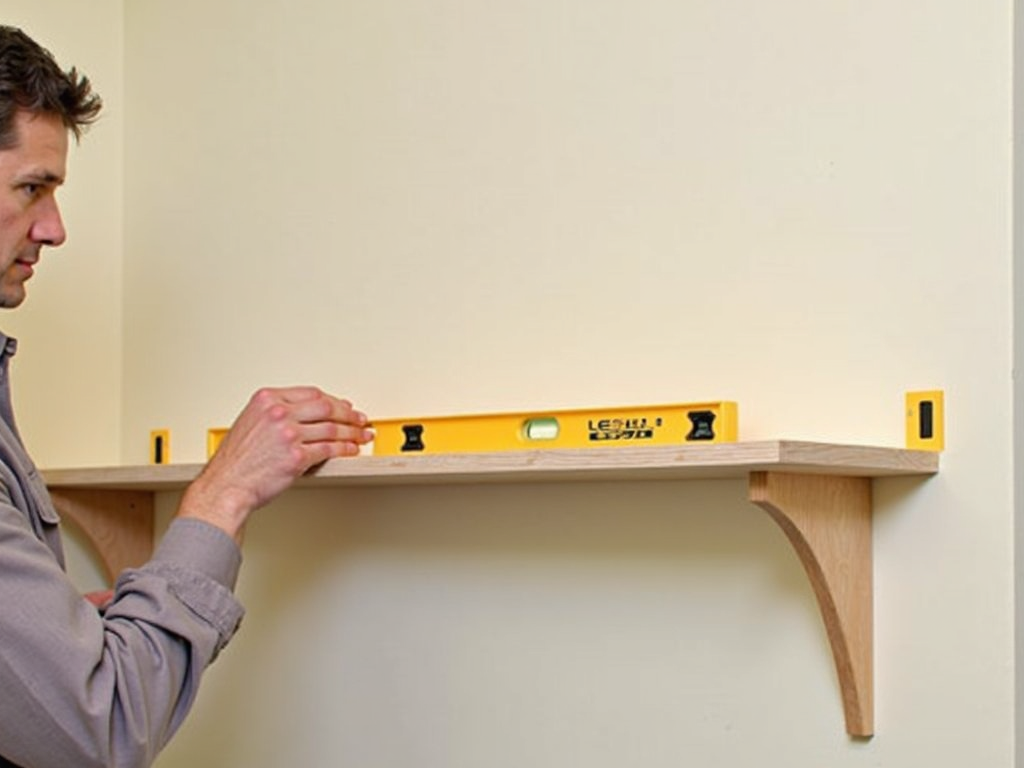
8. Power Drill
A power drill is a game-changer in any workshop. It's used for drilling holes and driving screws quickly and efficiently. Look for a cordless model with variable speed and a good battery life. I always keep a set of drill bits and screwdriver bits nearby.
9. Saw
A saw is essential for cutting wood, metal, or plastic. Depending on your needs, you might opt for a hand saw, circular saw, or jigsaw. I find a circular saw to be the most versatile for various cutting tasks.
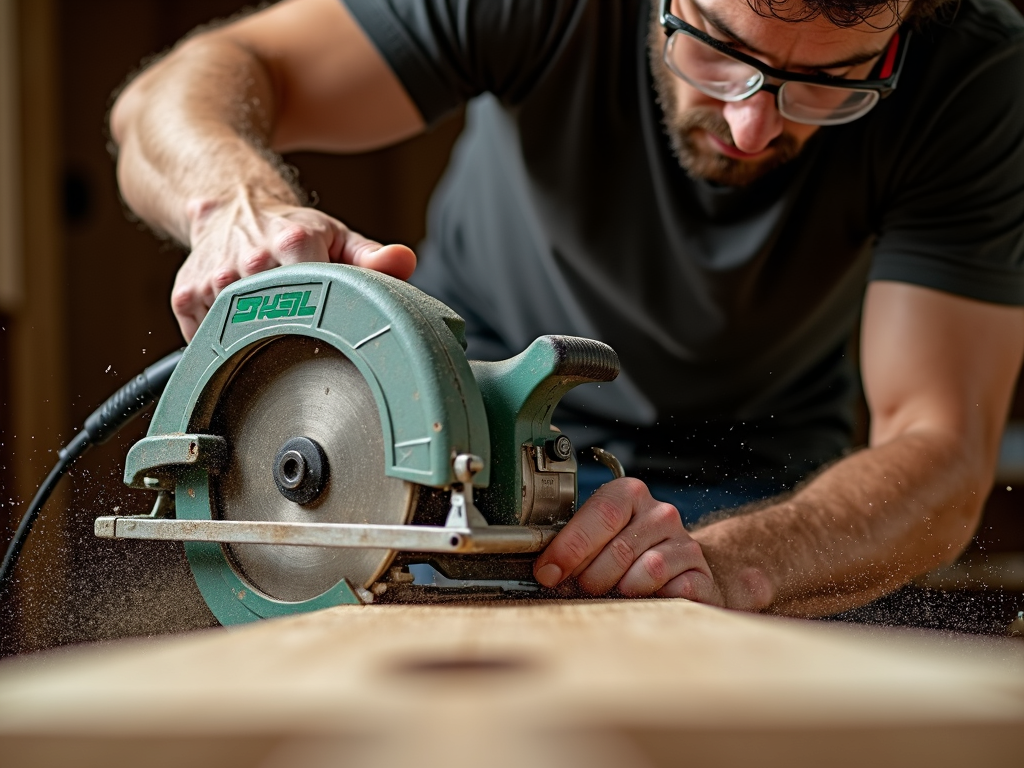
10. Safety Gear
Safety should always be a priority in the workshop. Essential safety gear includes safety glasses, gloves, and ear protection. I also recommend a dust mask for tasks that generate a lot of dust or fumes.
Tips for Organizing Small Workshops Efficiently
Organizing a small workshop can be challenging, but with the right strategies, you can maximize your space and keep your tools easily accessible. Here are some tips to help you organize your workshop efficiently:
- Use Pegboards: Pegboards are great for hanging tools and keeping them within reach. You can customize the layout to fit your needs and easily rearrange tools as necessary.
- Label Everything: Labeling drawers, bins, and shelves helps you quickly find what you need. It also makes it easier to put tools back in their proper place.
- Invest in Tool Chests: A tool chest with multiple drawers can help you organize smaller tools and keep them out of sight but easily accessible.
- Utilize Wall Space: Install shelves or cabinets on the walls to store items that you don't use frequently. This frees up floor space for larger equipment.
- Keep a Clean Workspace: Regularly clean your workshop to prevent clutter from building up. A clean workspace is safer and more efficient.
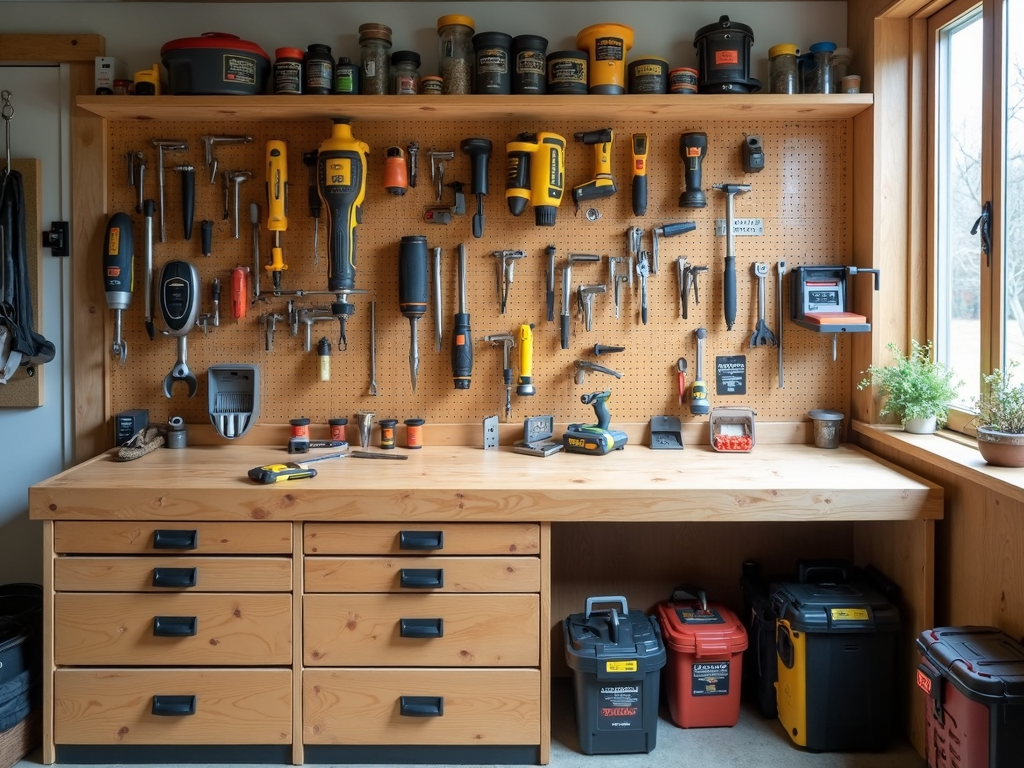
Summary
Having the right tools in your workshop is essential for tackling a wide range of projects efficiently and effectively. The top 10 must-have tools we've discussed—hammer, screwdriver set, tape measure, pliers, adjustable wrench, utility knife, level, power drill, saw, and safety gear—are the foundation of any well-equipped workshop. Additionally, organizing your workshop efficiently, especially if space is limited, can make a significant difference in your productivity and safety.
Take a moment to assess your own workshop. Are there any tools you're missing from this list? Could your organization use some improvement? Investing in high-quality workman tools and implementing smart organization strategies will not only make your workshop more functional but also more enjoyable to work in.
Related Top 10 Must-Have Tools for Every Workshop:
- Top-Quality Workman Tools Every Contractor Needs
- Workshop Safety Tips for Power Tool Users: A Comprehensive Guide
- How to Choose the Right Wrench Size: A Comprehensive Guide
- Color Theory 101: Understanding the Basics
- Steer Clear of These Beginner Woodworking Errors: A Guide to Safe and Successful Projects
- Essential Power Tools for Woodworking
- The Ultimate Guide to High-Quality Workman Tools for Professionals
- Sensors in Automation: Types and Applications
- Top 10 Jewelry Making Techniques for Beginners: A Comprehensive Guide
- Hammer Time: Your Guide to Choosing the Perfect Hammer for Every Job
- Popular Brands for Workman Tools
- How to Choose the Right Hammer for Your Project
